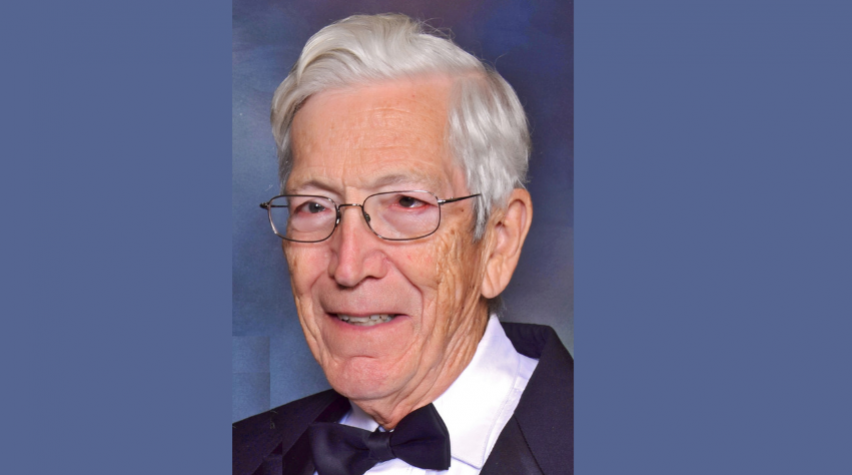
Welcome to the latest in a series of AIChE blog posts profiling process engineers, a diverse group of professionals spanning multiple industries and regions. In this series, we profile process engineers who work in fields as diverse as petrochemicals, pharma, bulk chemicals, food, and any process-intensive industry.
Are you a member and process engineer interested in being profiled? We'd love to hear from you via this volunteer opportunity. Please also check out our online discussion group specifically for process engineers. You can find out about these initiatives and join our efforts by visiting https://www.aiche.org/processengineering.
This month, we introduce you to Ralph Nelson, Jr. He retired from DuPont in 1999 after 25 years of service. During his time there, he served as a chemical engineer in technical service to manufacturing, as a consultant, and as a research associate in engineering services. He discusses his responsibilities at DuPont, overcoming challenges, and the importance of being a process engineer.
Tell us a bit about your work as a process engineer.
For six years, I helped monitor process operations during changes in procedure, evaluated prospective new equipment, and made pilot plant studies. Additionally, I solved manufacturing problems in chemical reactions, precipitation, coating, filtering, and drying colored pigment particles.
After that, I spent 19 years as an in-house corporate consultant, applying my understanding of chemical interactions at surfaces to solving a wide variety of chemical process problems in many different plants.
Why did you become a process engineer?
I wanted to change from the academic field to the manufacturing field. I was interested in doing real chemistry at full scale rather than teaching and working at the test-tube scale.
What are some of the biggest challenges you faced in your role as a process engineer?
The biggest challenge was gaining the trust of colleagues and plant workers. This was necessary in order to get their full information about process problems, their own thoughts on what might be causing problems, and their cooperation in testing proposed solutions.
How was your work as a process engineer critical to your particular job assignment or industry?
Sometimes product quality turns bad, processes fail to work, or there are possible toxic or nuisance releases outside the plant. This puts the continued employment of workers at risk, as well as the safety of the local community and the profits of shareholders.
The process engineer can play a major role in alleviating such problems. The process engineer may also contribute new ideas for reducing costs or improving quality from reading, conferences, or technical association talks.
What did you think was most important about what you did as a process engineer?
I helped technologists, plant workers, and management understand what goes on inside the big containers, pipes, ponds, and bins so that they could make good products consistently, safely, and profitably.

Connect with Ralph on AIChE Engage
Join the Community of Process Engineers
The Community of Process Engineers is brought to you by Scott & Karen Love. Their support enables the AIChE Foundation to advance process engineers at every stage of their career allowing them to Do a World of Good.
AIChE Foundation – Doing a World of Good Campaign



